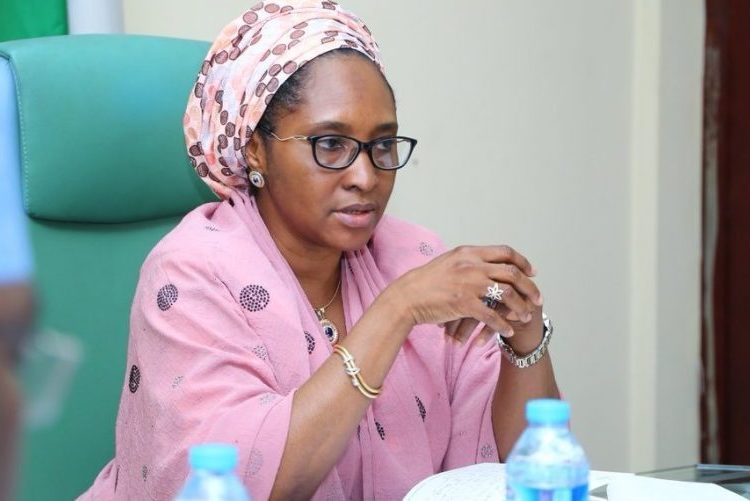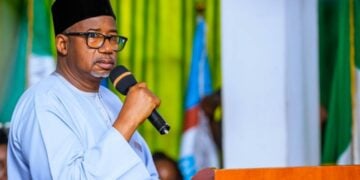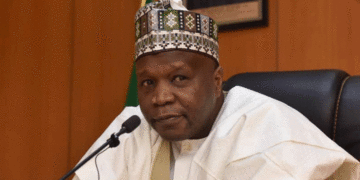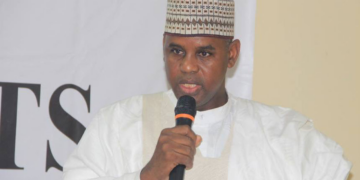In a very curious manner, the Federal Ministry of Finance, Budget and National Planning is planning to spend a whopping N130.458 billion on vague intervention programmes under the title of ‘service-wide votes’ in 2022.
The proposed budget estimates are captured under same or closely related items, raising questions about the credibility of the budgetary process supervised by the finance ministry. A breakdown of the figures showed that, if approved by the National Assembly, the ministry will spend N60,917,999,949 [N60.9bn] on the “special intervention/capital exigencies” at the same time it is proposing to spend N10 billion on “special intervention programmes/projects”. Apart from that, the ministry will spend N100 billion on “national poverty reduction with growth strategy (FGN commitment, including NSIP upscaling)-capital.”
Interestingly, the same ministry is seeking to spend N25 billion on what is simply identified as “special intervention” outrightly different from the N55 billion for “special intervention Sustainable Development Goals (SDG’s) 1” and another N10 billion for “special intervention SDG’s 2”. All of this amounts to the N130.5 billion budgetary allocation by the finance ministry in the coming year.
That aside, under the government’s Economic Recovery and Growth Plan (ERGP), the finance ministry is also voting N25 billion for Nigeria Youth Development Fund. The specific nature of projects and activities to be supported by the fund were not provided by the executive for public scrutiny.
The different votes are without details and lacking in specification. Meanwhile, the Federal Ministry of Works and Housing has said it will spend N2.27 billion on construction of an unspecified number of classrooms in undisclosed environment.
Expectedly, there is no location or any further specification of the classrooms. Those who interacted with our correspondent on the said item say the failure of the federal government to provide details of the location of the proposed be shown to the lawmakers but published on the website of the Budget Office of the Federation like other votes. An NGO, Citizens Wealth Platform (CWP), said the government’s expected revenue of N2.915 billion from minerals and mining is grossly underestimated.
The organisation said the National Assembly should engage the mining authorities and the Ministry of Finance to ensure that illegal and private mining of public-owned minerals is stopped and proper accruing revenue estimates included in the budget. In its recommendation, it demanded full and meticulous implementation of the rules in the 2020 Finance Act requiring automatic deduction at source of past due operating surplus from GOEs and capping cost to revenue ratio of GOEs to a maximum of 50%-50%.
It further recommended that the federal government consider domiciling the accounts of relevant GOEs and agencies in sub accounts of the Treasury Single Account (TSA) and deduct the due percentages of operating surplus at source before transferring the residue to the GOEs and agencies.
“This will ensure that all due operating surplus and portions of due IGR is deducted at source. This is estimated to guarantee FGN operating surplus revenue of not less than N2 trillion,” it stated. CWP also called for outright removal of fuel subsidies, under recovery or any subsidy on petroleum motor spirit from the proposed 2022 budget.
“This will save not less than N2tn and make same available for the Federation Account. Not less than 60 per cent of the savings accruing from abolishing the subsidy should be channeled to dedicated ring fenced (statutory) expenditure in education and health.”











